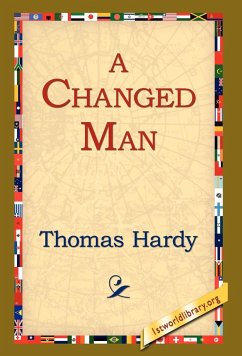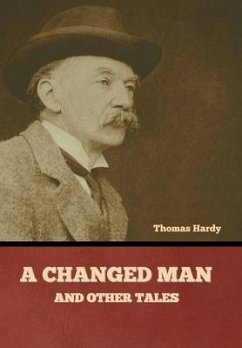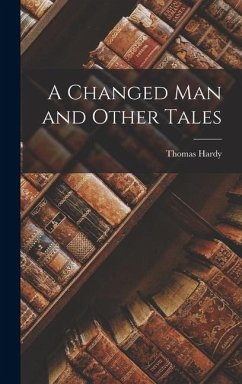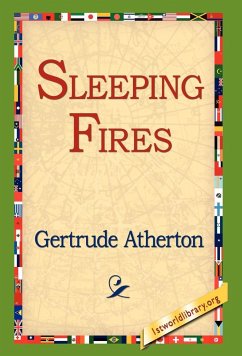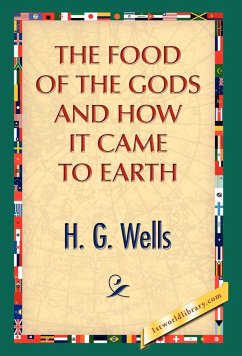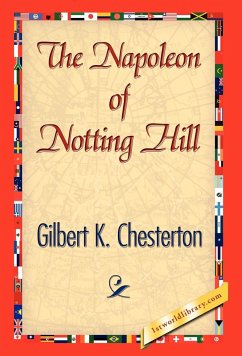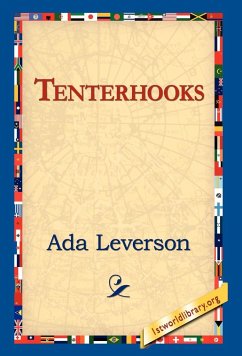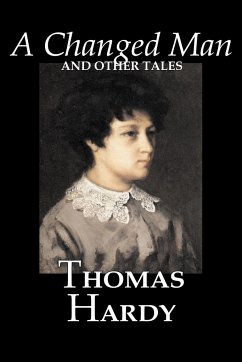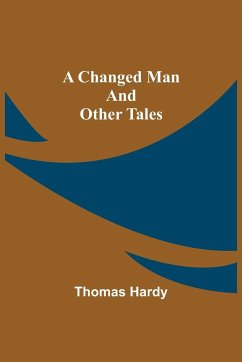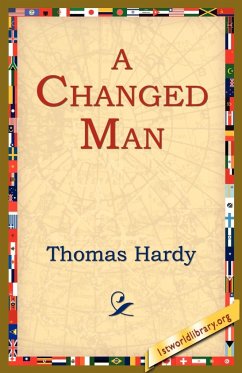
A Changed Man
Versandkostenfrei!
Versandfertig in 1-2 Wochen
19,99 €
inkl. MwSt.
Weitere Ausgaben:

PAYBACK Punkte
10 °P sammeln!
Purchase one of 1st World Library's Classic Books and help support our free internet library of downloadable eBooks. Visit us online at www.1stWorldLibrary.ORG - - The person who, next to the actors themselves, chanced to know most of their story, lived just below 'Top o' Town' (as the spot was called) in an old substantially-built house, distinguished among its neighbours by having an oriel window on the first floor, whence could be obtained a raking view of the High Street, west and east, the former including Laura's dwelling, the end of the Town Avenue hard by (in which were played the odd ...
Purchase one of 1st World Library's Classic Books and help support our free internet library of downloadable eBooks. Visit us online at www.1stWorldLibrary.ORG - - The person who, next to the actors themselves, chanced to know most of their story, lived just below 'Top o' Town' (as the spot was called) in an old substantially-built house, distinguished among its neighbours by having an oriel window on the first floor, whence could be obtained a raking view of the High Street, west and east, the former including Laura's dwelling, the end of the Town Avenue hard by (in which were played the odd pranks hereafter to be mentioned), the Port-Bredy road rising westwards, and the turning that led to the cavalry barracks where the Captain was quartered. Looking eastward down the town from the same favoured gazebo, the long perspective of houses declined and dwindled till they merged in the highway across the moor. The white riband of road disappeared over Grey's Bridge a quarter of a mile off, to plunge into innumerable rustic windings, shy shades, and solitary undulations up hill and down dale for one hundred and twenty miles till it exhibited itself at Hyde Park Corner as a smooth bland surface in touch with a busy and fashionable world.




